Articles and book chapters
Authors response
In April 2018 my research monograph, The Trilateral Commission and Global Governance, was the subject of a roundtable review and discussion at H-Net, the world's biggest online academic forum. Three leading researchers in transnational history and elite studies review my book and I am replying, in depth, to their praise and criticism. Professor Giles Scott-Smith, from Leiden University, introdued the discussion.
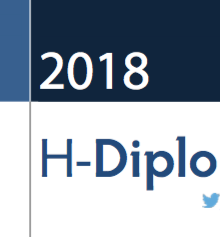
David Rockefeller in Beijing. The Informal Diplomacy of the Trilateral Commission in "the Long 1970s"
In 1981, a prominent delegation of financiers, politicians and academics from North America, Western Europe and Japan arrived in Beijing. The purposes of their visit were to strengthen dialogue with the Chinese leadership, open up China to foreign investments and to consolidate the fraction in the Communist Party that had reintroduced capitalism in the Chinese society. Led by David Rockefeller, the delegation had talks with Deng Xiaping, China’s de facto leader. This book chapter studies the circumstances surrounding the visit, the meetings that took place in China, the special role of David Rockefeller, and the results of the visit.
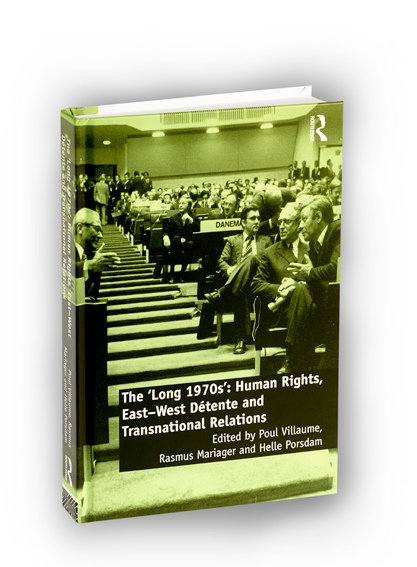
- In Mariager, Porsdam og Villaume (eds.). The Long 1970s. New Perspectives on the Epoch-Making Decade: Human Rights, East-West Détente, Transnational Diplomacy. London: Routledge, 2016: 221-238.
The Road to Become European Champions Again. Football - Nation - Identity [in Danish]
What is needed by the Danish national football team to once again become a strong competitor among the best teams internationally? The final chapter of Europamestrene looks to the future and discusses how to upgrade “The Red Thread”, the Danish development strategy in football. Based on advanced international research in high performance, current trends and experiences are analyzed and suggestions are made as to how to meet the challenges so that Denmark again can win international titles.
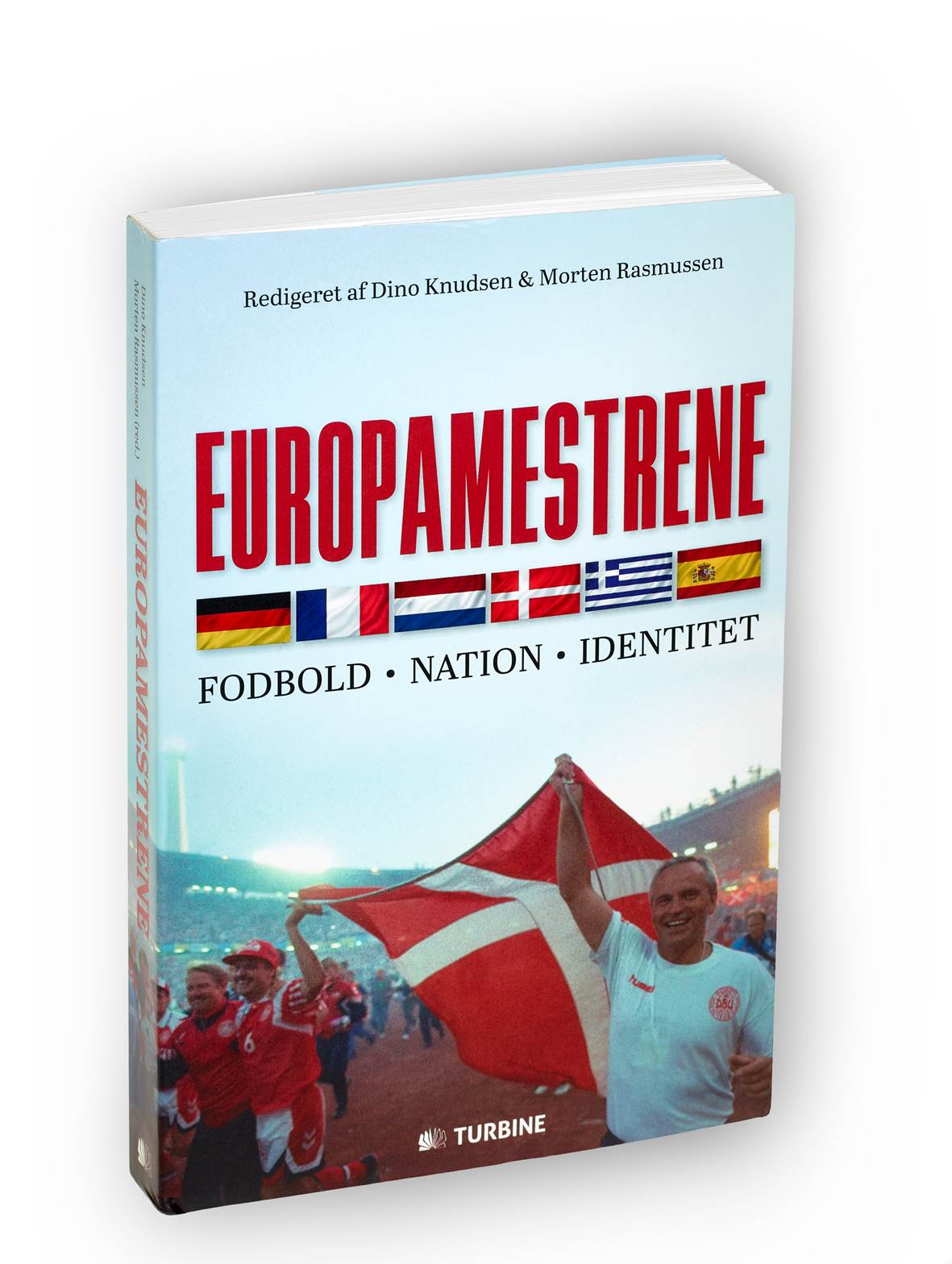
- "Sådan bliver vi igen europamestre. Bidrag til Den Røde Tråd version 2.0", i Knudsen og Rasmussen. Europamestrene. Fodbold - Nation - Identitet. København: Turbine, 2016.
The Nordic Trade Union Movement and Transnational Anti-Communist Networks in the Early Cold War
Private transnational anti-communist networks were crucial in containing international communism during the Cold War. In the Nordic countries, social democratic oriented trade union representatives allied themselves with American counterparts – who had both relations to the state and secret services – in an effort to detain/suppress the local communists.
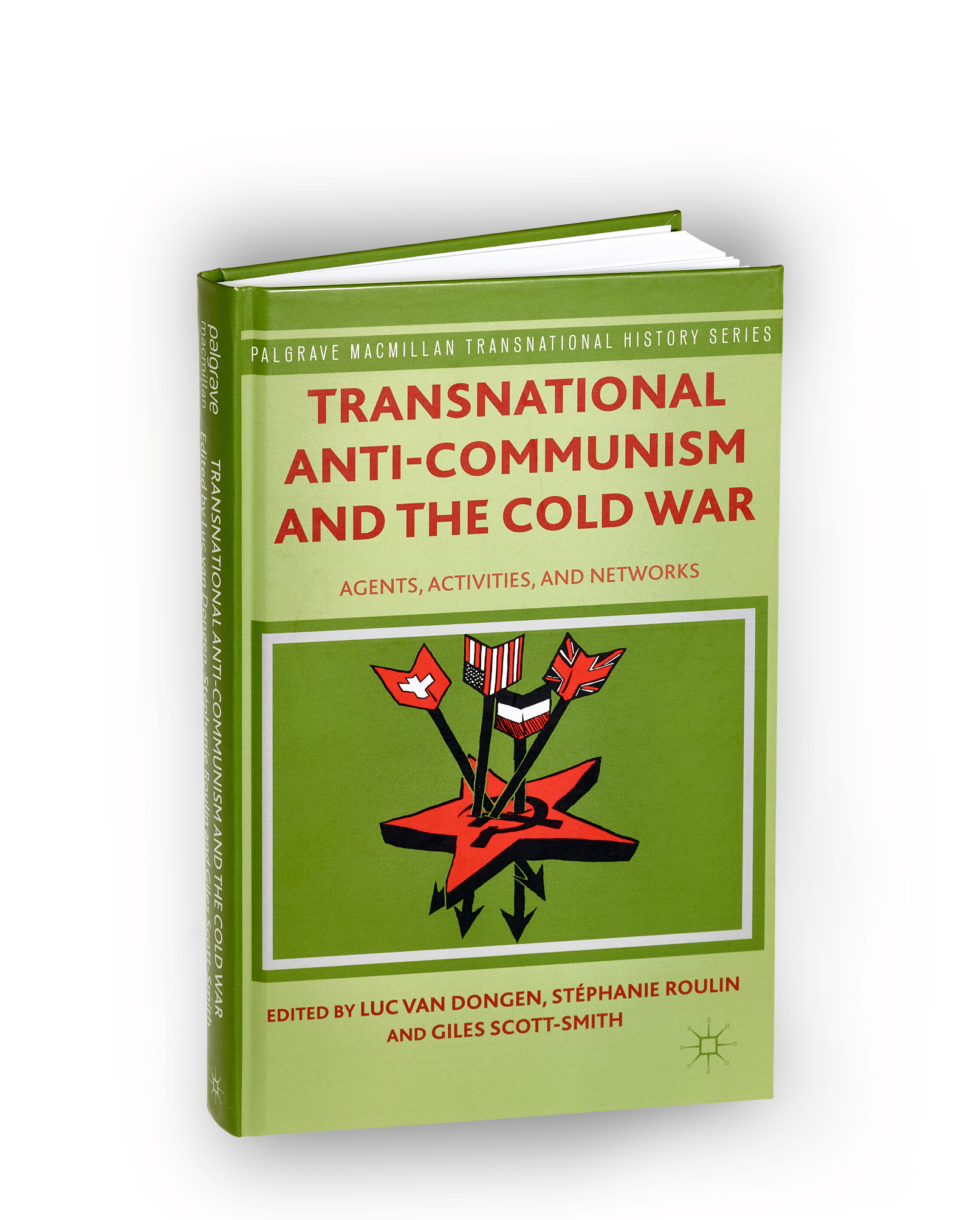
- In van Dongen, Roulin and Scott-Smith (eds.): Transnational Anticommunism and the Cold War: Agents, Actions, and Networks. Houndmill: Palgrave, 2014: 35-49.
The Encyclopedic Entry “The Trade Union” [in Danish]
It has been more than 25 years since the fall of the Berlin Wall, but there still is an intense and vivid interest in what happened in Denmark during the Cold War. For the first time, experts in this research area have collectively produced an encyclopedia that covers this key era in the history of Denmark. I have co-written an article about the trade union movement and the Cold War.

- The Trade Union Movement during the Cold War and Denmark. Copenhagen: Gads Forlag, 2011.
East, West, Home is Best? Danish Trade Union Activists on (Cold War) Visits to the United States [in Danish]
Approximately 150 Danish trade union activists were invited to the US as part of the Marshall Aid and subsequent programs. Through these travel experiences, Danes learnt about productivity and “the American Way of Life”. But how were their visits arranged? How were the activists selected? What were their experiences and what impressions of the US and its' culture did the activists relay to the Danish public upon returning home? This contribution is part of an anthology on some of the latest results in the current Cold War research in Denmark.
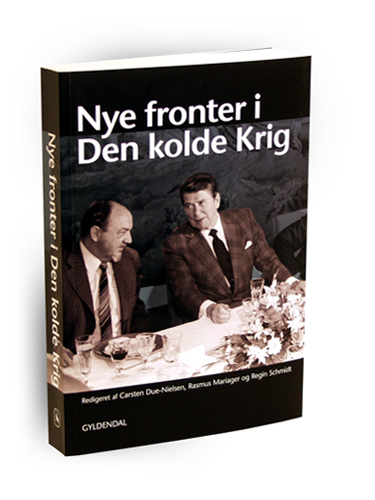
Carsten Due Nielsen, Rasmus Mariager and Regin Schmidt (eds.): New Fronts in the Cold War. Gyldendal, 2010: 131-155.
Danish Labor and the Cold War in the International Trade Union Movement, 1945-1949 [in Danish]
After the Second World War, a power struggle for the control of the international trade union movement began due to its' key role in reconstructing and developing Europe. The close links between Danish trade union movement leaders and their American counterparts became vital for the alliances of Danish labor.
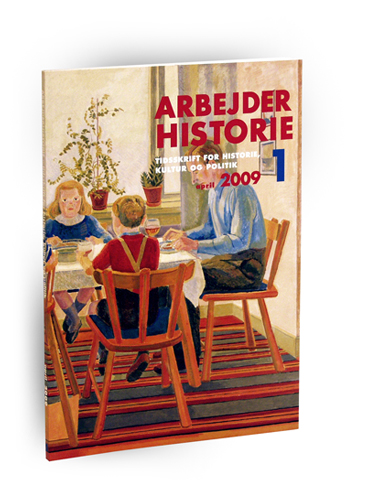
Arbejderhistorie No. 1, 2009: 16-32.
Postscript [in Danish]
capital.com is an alternate analysis of the impact of globalization on Scandinavian societies, and a deconstruction of the so-called post-industrial society. Lean Production has replaced Fordism as the dominant production form, but the assembly lines run faster and more efficiently than ever. The postscript is about the triumph of liberalism at home, and how an attack on reason resulted in a showdown with social engineering and the welfare state.
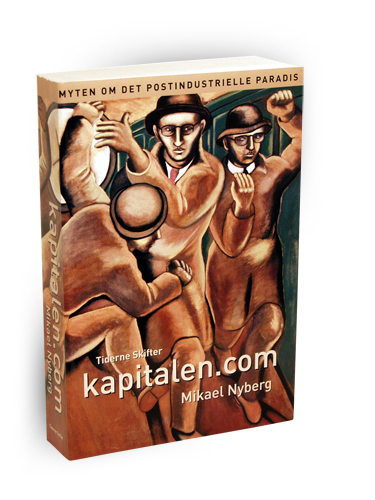
Mikael Nyberg: capital.com. The Myth about the Post-Industrial Paradise. Copenhagen: Tiderne Skifter, 2005: 432-456.




